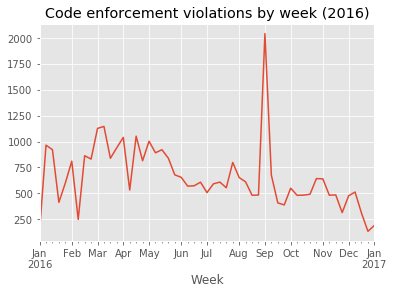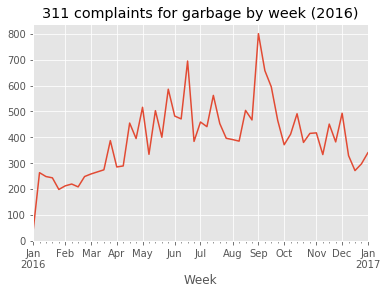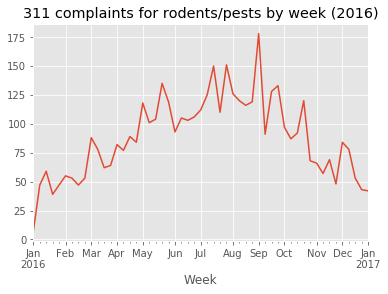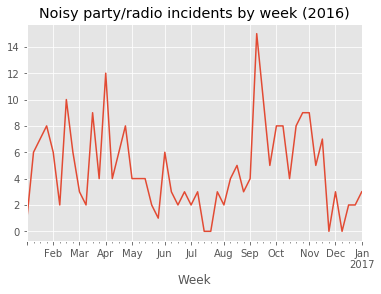Code enforcement violations
Boston's Code Enforcement Division issued an average of about 660 citations per week in 2016 for violations related to garbage and trash on residential properties. That number spiked to 2,043 violations during the seven-day period surrounding Sept. 1, as thousands of renters shuffled in and out of their apartments, sometimes leaving unwanted belongings behind.
Most citations were issued for improper storage of trash, which carries a $25 fine. Code enforcement police also cited 240 people for illegally dumping up to 1 cubic yard of trash, a violation that carries a heftier $250 fine.



